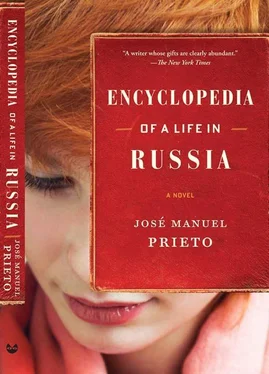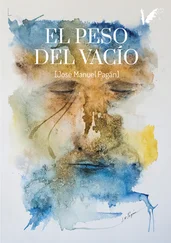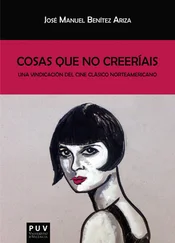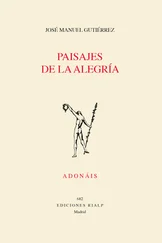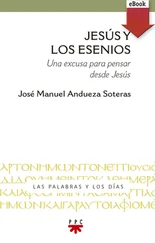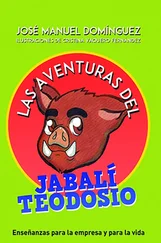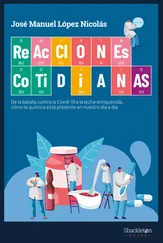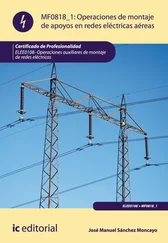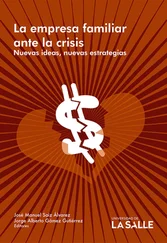I. Allow me to explain. The ease with which, thanks to the SCANNER, I was able to reproduce fragments and even whole books from my library on my computer screen, caused my attitude toward them to change. Whether I pulled up some old fragment of my own work or a memorable passage from A l’ombre des jeunes filles en fleur, both seemed to emerge from the same nothingness and I came to see the beautiful text, too, as if I’d written it. Thanks to this innovation, the SCANNER, the pleasure of reading— le plaisir du texte— could be extended to the pleasure of writing and we could go along extracting excerpts from the endless continuum of books and construct a novel out of fragments of Tanizaki’s Captain Shigemoto’s Mother or Huysmans’ À Rebours, or, if it was a matter of depicting a historical scene, a battle scene, a raw recruit’s bewilderment among the deafening salvos, why not simply do a quick search and insert into my own text, word for word, the passage from La chartreuse de Parme, when Fabricio del Dongo stands on the bridge watching the dragoons go by: his perplexity? (Which was my own on the afternoon in YALTA when I ran into RUDI, prefigured by that of Marcel when he first observed the Baron de Charlus in Balbec.) Thanks to the SCANNER, which transformed the writing of texts into a game, making it frivolous, the writer can make use, without a twinge of conscience, of perfect, psychologically precise blocks of text that can even be numbered and cataloged for greater ease and velocity of access. We are freed from the laborious task of memorizing the few volumes we manage to read during a single lifetime and can make use of whole blocks of language that stand at the ready, entire warehouses of axes suspended over the victim ( The Idiot, F.M.), adulterous wives in shadowy rooms (a section with a thousand titles) or that same adulterous wife in a moving carriage ( Madame Bovary, Flaubert). To take the thousands of texts in the BIBLIOSPHERE and recast them into centos, without having our own authorship placed in any doubt. As Borges — I already mentioned him to you once — would say “ Lo tosco, lo bajamente policial, sería hablar de plagio. ” (“The crude and ignobly constabulary reaction would be to speak of plagiarism.”)
SEA SIRENS. When I noticed an excellent pair of female legs I could never feel certain that some Ivan of my acquaintance would see them the same way. At times I was assailed by a vision of a pair of very long, almost perfect legs coming toward me, cutting through the air, precise as a barber’s straight razor. Plunged into a trance by the rhythm of the heels, my eyes fixed on the silhouetted emptiness that, more even than the legs themselves, was those legs, I would hear someone beside me exclaim “Ай, какая русалочка!” (“ Ah, qué sirenita! ” or “Oh, what a little SIREN!”) Frankly, hearing those words made me feel even more like a foreigner than Muscovy’s eternal boiled stews! It was a line from a vaudeville show, the reaction of a blind man! The beauty of that woman had an exact physical meaning, and if in some Eastern European language she might be qualified as an “exquisite dish,” in the Spanish I spoke, I would “ hincarle el diente, ” “ partirle el brazo ” (“sink my teeth into her,” “break her arm”) — and painfully.
I. The unknowable nature of the material world; the closed cycle of cultures that, like trees, rise to the heavens and die, side by side, without ever communicating anything of any importance to each other. This phenomenon came to obsess me in Muscovy, paralyzed as I was by the hieroglyphs of an alien and indecipherable life (the unfathomable original, there on the open page, that does not cease to trouble us as we read through its translation). For prior to our visit to Java, the imprecise breviaries we consult speak to us of the Javanese as beings very similar to homo europaeus . They communicate — we read — by means of sounds that, though guttural, are organized into an intelligible language. Credulous, we enter the verdant grove, book in hand, embark on friendships with one or another of the natives, and discover that we enjoy eating the grilled meat that is typical of the region. And since, indeed, we are able to establish that they, too, are men, that they have wives, that they suffer from deceit and disappointment and are sometimes overcome with hatred, we conclude that they are like us. We live on for two more years among the indigenes without giving the matter much further thought. One day — now more skilled in our use of their language — we come upon divergences in their very fiber, in the mechanisms of their being, divergences so horrific they leave us speechless. Then we rest our gaze upon a warrior: we watch him walk upright on his hind legs, we study his solid torso, his appearance that is, in the end, human, and we understand that the misunderstanding lies precisely there, in his deceptive appearance, because in reality these beings are as distant from us as beasts from another galaxy; they are other, they are not men. How could someone truly normal, human, exclaim, on seeing a lovely pair of human legs, Ah, rusalochka ty moya! I, who came from a planet where we not only spoke another language but also thought in a different way, would register these anomalies, so as to include them eventually in the true chronicle of this world I would one day write.
First refutation: These lyrics from a guaracha: Es una bella mujer / con figura de SIRENA / y su hermosa piel morena / y cabellos largos hasta ahí. / Ay, yo no sé qué voy a hacer, / porque me tiene loco! (She’s a beauty, that one / body like a SIREN / that pretty chocolate skin / that hair down to there. / Ay, don’t know what I’m gonna do, / ’ cause she’s got me all wild.)
Second refutation: From Entretiens sur les sciences secrètes (vol. I, 1742 edition, p. 27): Ecoutez donc jusqu’á la fin— said the Comte de Gabalis— & sachez que les mers & les fleuves sont habités de même que l’air: las anciens Sages ont nommé Ondiens ou Nymphes, cette espece de Peuples. Ils font peu de mâles, & les femmes y sont en grand nombre; leur beauté est extrême, & les filles des hommes n’ont rien de comparable.
(Hear me out, and learn that the seas and rivers are inhabited, as well as the air. The ancient Sages called this race of people Undines or Nymphs. There are very few males among them but a great number of females; their beauty is extreme, and the daughters of men are not to be compared to them.)
SOSHA. Here’s the story: I left the Jewish girl oozing juice (Henry Miller) and took off over the balcony, the rope ladder.
Before going to Russia, I knew nothing about Jews. I seem to recall that among the heterogeneous and indiscriminate mass of my high school classmates was a girl named Cohen but to be honest, I’d never heard of the Jews as a phenomenon worthy of particular attention. But no sooner had I arrived in the Grand Duchy of Muscovy in 198* than I fell headlong into the milieu of the world conspiracy. Half my professors were Jewish: a great danger. How could this have happened before the very eyes of so many Russians? The rector himself had a suspiciously Polish family name and . . why hide it? He was a Jew through and through: the drooping lower lip, the hooked nose. . My God, you could see it from a mile away! And what a surprise! That Cohen girl, my former schoolmate (of course she was), and the young geniuses at my Institute and that other violinist whose name. . whose name . . bah! Jewish, all of them! So by the time I met SOSHA (whose name was not SOSHA, it’s my feeling of guilt, my retrospective sorrow that christens her with a name borrowed from I. B. Singer: the eternally young, eternally ingenuous heroine), I was well prepared for the sad gazelle eyes, the luxuriant mane of hair, the purple lips of the Hebrew female.
Читать дальше
